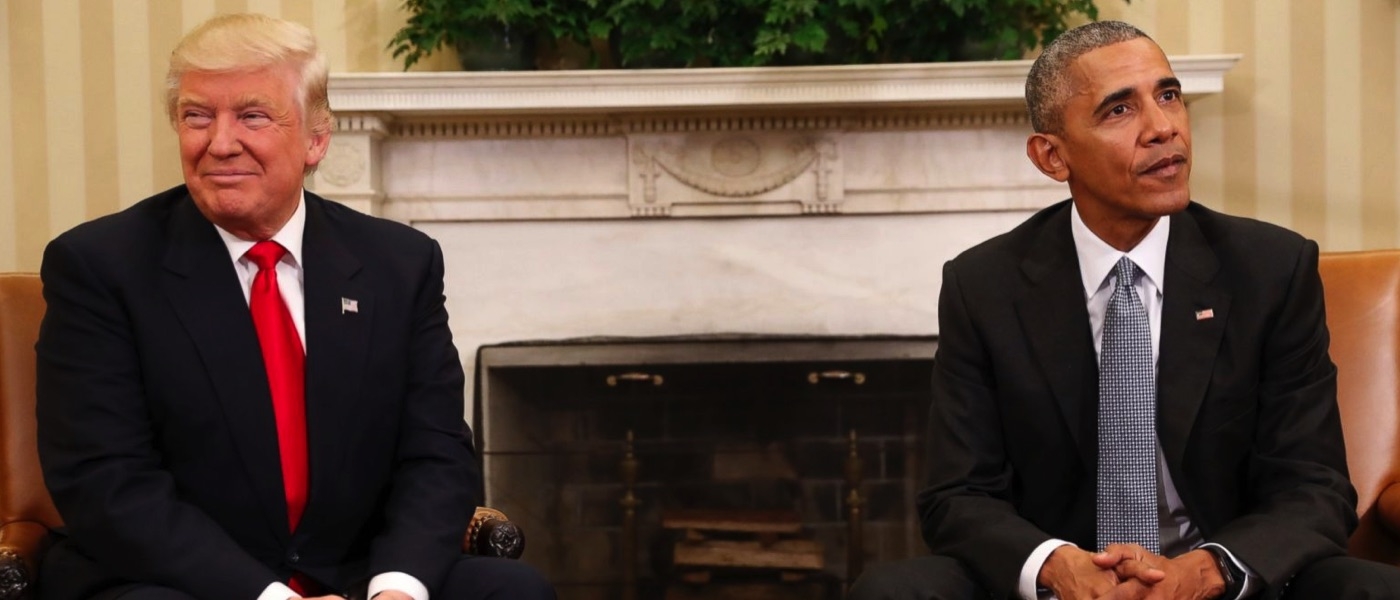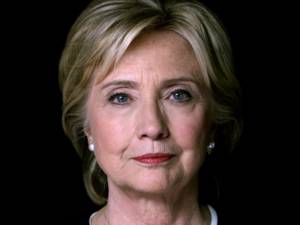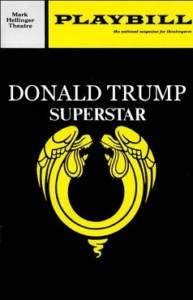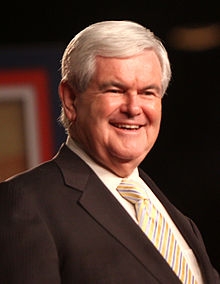I was wrong.
I’m sure you’re thinking, “Can you be more specific?” And my close friends are thinking, “That’s no surprise.”
I was wrong about the election results. I thought Hillary would win. I knew she was incredibly unlikable and an awful candidate, but I thought Trump was worse in the eyes of the electorate. And although I have always distrusted polls (they usually skew at least 2-4 points against Republicans), I believed them more than I should this year. Mea culpa.
The jury is still out if I’m wrong about Donald Trump, though. I’ve said from the beginning that he would be a terrible president, and his election victory doesn’t change that opinion. I’ve seen Trump supporters already declaring victory for the unborn and for our country, but I’ll follow Ronald Reagan’s advice, “trust, but verify.” Perhaps Trump will keep his promises to select a SCOTUS nominee from his “list.” Perhaps he’ll push to defund Planned Parenthood. Perhaps he won’t sink us into more foreign wars. We’ll see. For all our sake, I am hoping and praying that I am as spectacularly wrong as I was about the election results.
Being #NeverTrump meant I’d never vote for him. And I didn’t. It doesn’t mean I’ll never support things he does as president. But I’ll admit, I’m suspicious; after all, I was #NeverTrump for a reason. Based on observing his life up to now, I believe him to be fundamentally unfit to be president. He’ll have to prove me wrong for me to change this opinion. But I’m more than happy to be proven wrong. In fact, I’ll even say that if I believe he does a good job in the next four years, I’m willing to consider voting for him for re-election in 2020. Perhaps he will grow into the office. Stranger things have happened (LIKE DONALD TRUMP BEING ELECTED PRESIDENT!).
My List of Allies is Growing Thin
The past few years have been rough. Since I became Catholic over 23 years ago, I’ve felt a certain camaraderie with fellow orthodox Catholics. We had well-defined boundaries of what we supported and what we did not. John Paul II: Good. Nancy Pelosi: Bad. However, those boundaries – and that camaraderie – has taken a serious beating in recent years.
Once I began to publicly criticize Pope Francis (even mildly), I lost a lot of online Catholic friends and supporters. I have been accused of being a “Francis-hater” and a schismatic. And once I came out publicly against Trump, I lost even more Catholic friends. I was now an abortion-loving liberal who secretly hopes to destroy the Church. This might not be what Cardinal Ratzinger meant when he talked of a “smaller church” in the future, but some days it feels like it. As Elrond once told Gandalf, “Our list of allies grows thin.”
I’ve been dismayed by the actions of many Christians – some prominent – who supported Trump during the campaign. I’ve seen good Christians, including even priests, who went from being harshly critical of Trump during the primaries to attacking those of us who wouldn’t support Trump in the general election. I can understand the pragmatism of supporting Trump against Hillary, but I don’t understand how you could abuse those who are saying literally what you were saying just a few weeks prior.
I’ve especially been dismayed by those who didn’t simply vote for Trump as a defense against Hillary, but who defended, supported, and rationalized his every action. I call it the “Donald Trump Superstar” phenomenon. In their frustration against a culture that is decidedly against them, many conservative Christians transfigured Donald Trump into their political and cultural savior. Just try to image that being said just a year or two ago: “conservative Christians transfigured Donald Trump (!) into their political and cultural savior.” It’s like we’ve entered the Twilight Zone and no one told us. Donald Trump may end up being a cross between Moses and George Washington, but to defend his past actions is unbecoming for a Christian. I believe this partisan defense of Trump’s indefensible actions harmed our Christian witness in ways we may never understand.
Two Big Government Parties
I’ve thought for a long time that our real political problem is the size and reach of the federal government (we have deep cultural problems as well, but I’ll leave that aside for now). Our political problem isn’t that a Democrat has been President, or that another Democrat is becoming President (oops, I mean Republican). It’s that the federal government is involved in almost every aspect of our lives, and won’t let us live as we wish to live, and in fact is telling us how we must live.
This issue has been growing for decades (since FDR at least), but it has particularly accelerated since George W. Bush was president. And essentially both Democrats and Republicans are in agreement regarding the overarching power of the government – they just argue on what to do with that power. I’ve already heard that Trump’s lapdog Newt Gingrich is peddling a government “jobs program” – which is just what he was condemning when Obama was pushing it early in his administration.
To me, it doesn’t matter who is in power, the government shouldn’t have most of its power. When Bush was president, such a statement aligned me with liberals. When Obama was president, conservatives cheered me. Now that Trump is taking power, I have a feeling I’ll be accepted back at the “cool kids” liberal table. But the principle remains a fundamentally “conservative” one, at least as conservatism used to be defined.
No Longer a Republican. No Longer a Conservative?
Since George W. Bush, I’ve had an uneasy relationship with the Republican Party. I thought the Iraq War was a terrible idea, and I believed the Patriot Act and the creation of a Department of Homeland Security were steps towards a totalitarian state (in fact, one reason so many fellow conservatives feared Hillary was she would have powers – created under Bush – that could silence them). But at the same time the Democratic Party is no home to Christians, so it was never an option. I tentatively remained in the GOP, hoping for better days.
However, for me, Trump was the final straw, and I left the GOP over his nomination. Even if he ends up a decent president, I won’t be back. Consider this: Trump has this man on the short list to be the Director of Homeland Security:
These temper tantrums from these radical anarchists must be quelled. There is no legitimate reason to protest the will of the people. pic.twitter.com/G502pwNSN9
— David A. Clarke, Jr. (@SheriffClarke) November 10, 2016
“Quelled?” What does that mean? And “no legitimate reason?” What about the First Amendment? Those anti-Trump protesters might be a bunch of whiny, spoiled snowflakes, but they have a right to protest. But Sheriff Round-Em-Up doesn’t seem to think so, and Trump might give him almost unlimited powers of law enforcement.
So I’ve come to realize that the Republican Party is no longer the party of limited government and liberty. It is populist movement with no clear direction other than maintaining power. That mix might run into some decent ideas and policies now and then, but fundamentally it looks at the world in a completely different way than I do.
In the final analysis, I hope that Donald Trump is a great president, and I’ll give him a chance to be one. But I won’t be a partisan hack who supports his every move. Since I didn’t vote for him I don’t need to be defensive when he screws up.
The most liberating thing about leaving the Republican Party is that I can praise or criticize a politician’s actions based on the action itself, not whether he has an R or D after his name. I don’t care if it advances the GOP, what I care about is whether it is good for our country.
Going Forward
My fears going forward are two-fold:
(1) Conservatives won’t hold Trump to his promises because they are too enamored at being in power. I see no evidence that Rudy Giuliani, Newt Gingrich, Mitch McConnell, etc. have any interest in anything other than being in power, so I can see them giving Trump anything he wants.
(2) Conservatives will allow the power of the federal government to continue to grow, but now for “their cause.” We saw that under Bush – I fear it will be much worse under Trump, who seems to thirst for power in a way Bush never did.
So I will give Trump a chance, but have no qualms to point out when he trips and falls. That should be everyone’s attitude with every political leader, but sadly it’s not anymore (if it ever was).
A final thought to consider when it comes to supporting runaway government power when it’s a Republican in the White House:
Do you want that same power in the hands of Michelle Obama in 4 or 8 years?





